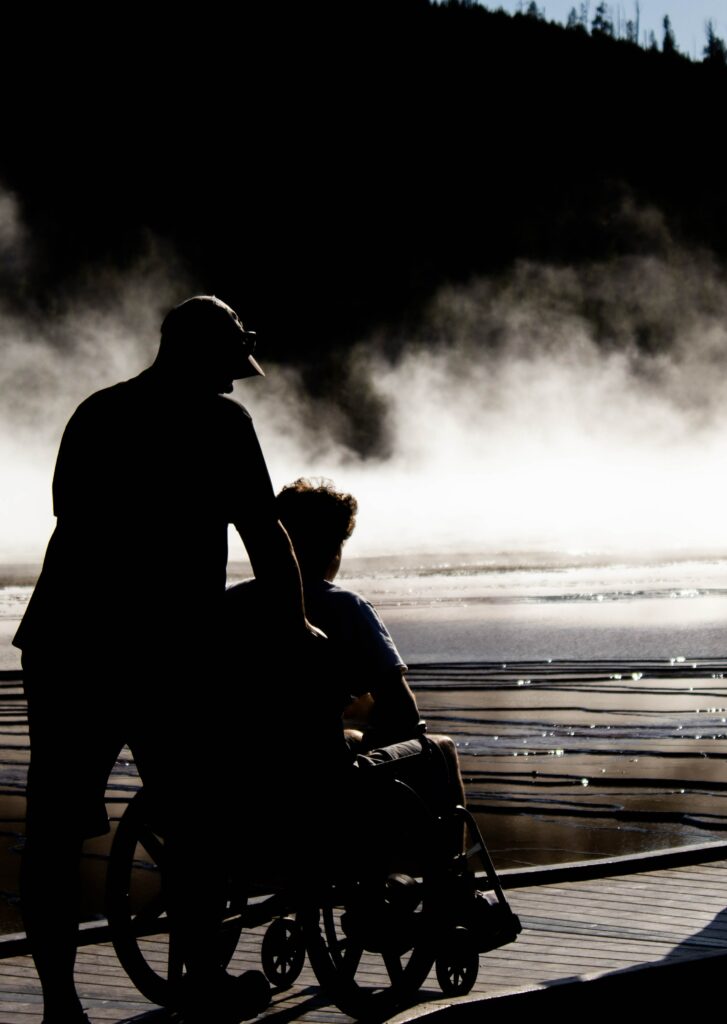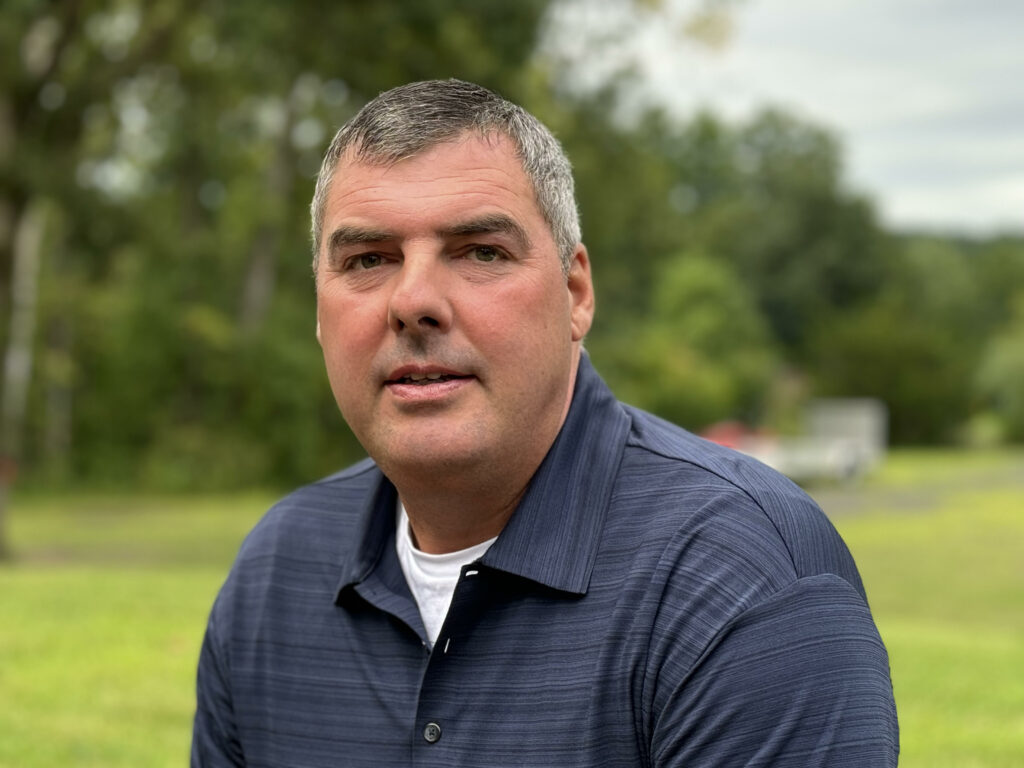In the modern world, the consequences of warfare extend far beyond the battlefield. Soldiers returning home often bring with them scars that are both visible and invisible. Physical injuries are just one part of the picture; psychological trauma can be equally as debilitating. It’s essential, then, to prioritize post-war support for these brave souls. Disabled veterans face a unique set of challenges, but with the right support, they can lead fulfilling lives and reintegrate into society. Among the myriad ways we can offer assistance to these brave individuals, volunteering stands out as a selfless and effective approach. The influence of individuals like Friedrich Paetow showcases how profound this impact can be.

Rechanneling Skills and Building Confidence
Though not widely recognized in the public eye, the efforts of individuals dedicated to helping disabled veterans can lead to transformative experiences. Paetow’s background as a firearms instructor for the navy provided him with an in-depth understanding of the rigorous physical and mental demands of military service. He had seen firsthand the sort of determination, resilience, and discipline soldiers exhibited. When an opportunity arose for him to interact with disabled veterans, he recognized that these inherent qualities could be harnessed in new ways. Using his background, he began volunteering to teach these veterans not just about firearms safety, which was his expertise, but also about other aspects that could foster their self-esteem and resilience.
A Multifaceted Approach to Rehabilitation
Beyond the realm of firearms, volunteering to help disabled vets encompasses a wide range of activities. There are programs dedicated to physical therapy, helping veterans regain their mobility and strength. Many of these therapies are adaptive, taking traditional sports and modifying them to be accessible for those with disabilities. Activities such as wheelchair basketball, adaptive skiing, and even modified water sports are pivotal. These not only provide physical benefits but also play a crucial role in building camaraderie, teamwork, and a sense of purpose. The feeling of accomplishment when mastering a new skill or activity can work wonders for a veteran’s confidence and well-being.
Emotional Support and Healing
Moreover, aside from physical activities, there’s a significant emphasis on mental health support. Post-traumatic stress disorder (PTSD) and other forms of trauma are rampant among veterans. Volunteers, who may be trained professionals or simply empathetic listeners, play a crucial role in offering the emotional and psychological support these veterans need. They provide an avenue for vets to share their stories, express their feelings, and begin the process of healing. This bond of trust and understanding between a veteran and volunteer can sometimes make all the difference in a vet’s recovery journey.
The Mutual Benefits of Volunteering
It’s important to note that volunteers benefit just as much as the veterans they help. The act of giving, of dedicating one’s time and energy to a noble cause, can be immensely fulfilling. Many volunteers report that their interactions with veterans have changed their perspectives on life, made them more grateful, and inspired them to continue serving in various capacities. Thus, while the veterans receive much-needed support, volunteers too undergo a transformative experience.
Peer Mentoring: Veterans Helping Veterans
As society grows more aware of the specific challenges faced by disabled veterans, there is an increasing emphasis on creating more specialized programs to cater to their needs. These range from job training and placement programs to initiatives focused on social reintegration. One particularly inspiring trend is the rise of peer mentoring programs. These involve veterans who’ve successfully navigated the challenges of disability helping those who are newer to the journey. By sharing their personal experiences, these mentors offer a unique perspective and understanding that outsiders might not be able to provide, cementing the bond among the veteran community.
In Conclusion: A Shared Responsibility
In conclusion, the journey of disabled veterans reintegrating into society post-service is undoubtedly fraught with challenges. However, with the support of dedicated volunteers, many of whom bring their unique experiences and backgrounds to the table, there is hope. As we acknowledge the sacrifices these veterans have made for our sake, it becomes our shared responsibility to ensure they have every opportunity to thrive in their post-service lives. Volunteering is more than just a service; it’s a gesture that says, “You are not alone, and we are here for you.” And in this collective effort, both volunteers and veterans find new pathways to healing and purpose.




